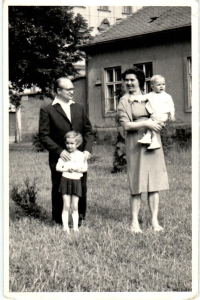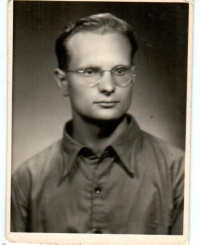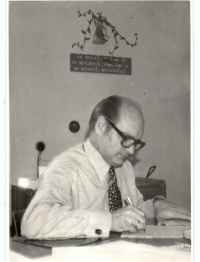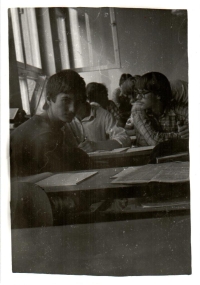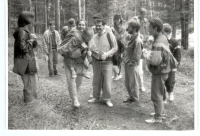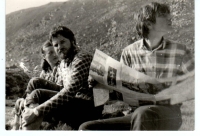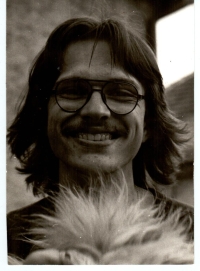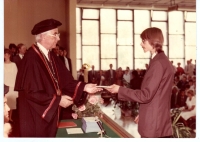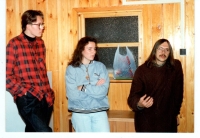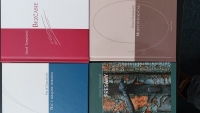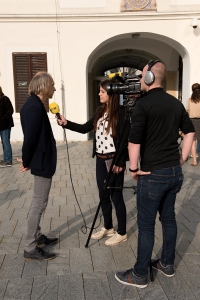He refused to join the military. He preferred to go on a severe hunger strike
Pavol Tomašovič was born on January 10, 1964 in Trnava to Alojz and Vilma. The totalitarian regime took its toll especially on the father. He showed good results in elementary school and was taken in by the Jesuit order. After Action K, he joined the auxiliary technical battalions, had to do forced labor and had a year of hard work in the uranium mines in Jáchymov. He was able to return to civilian life only in 1957. Despite the ban, Tomáš attended religion classes during elementary school. He studied at the Secondary Industrial School in Trnava between 1979 and 1983. He started attending the Engineering Faculty of the Technical University in 1983, and graduated in 1987. During his university studies, he participated in the events of informal religious groups. in 1986, he started a hunger strike so that he would not have to join the mandatory military service. In 1987, he started working at TAZ Trnava. He left for military service in the same year, but was immediately transferred to the hospital. Several months of hospitalization in several military hospitals followed. Released to civilian life in May 1988, he was only given a reprieve. He was released from compulsory military service only a few months later.
